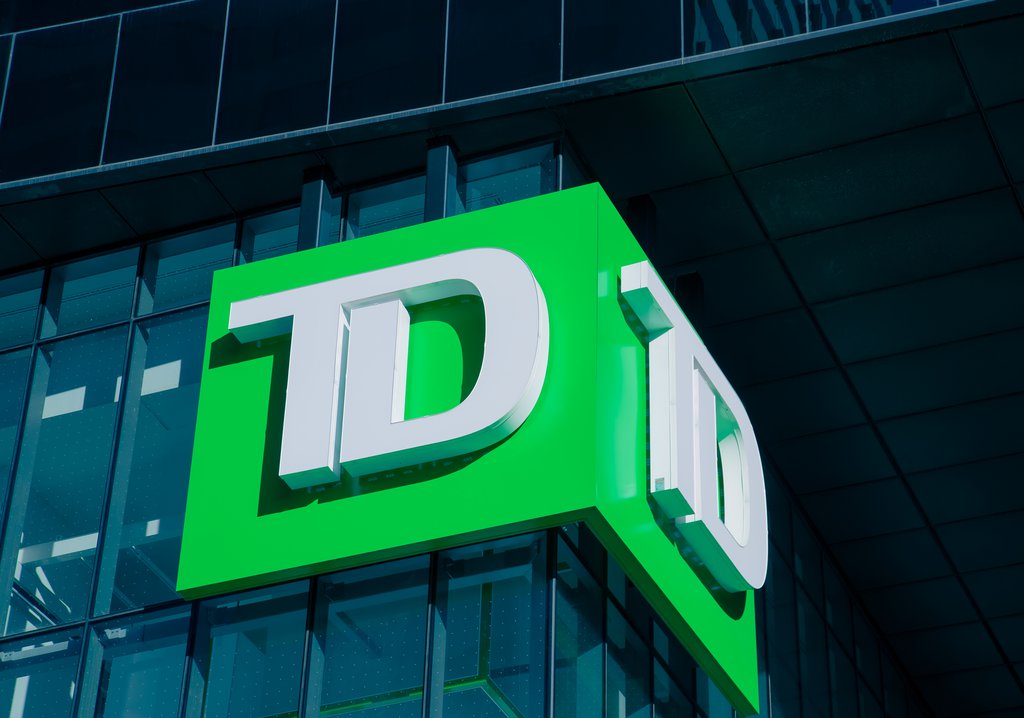Banks Allow Canadians to Defer Mortgage Payments for 6 Months

BIG BANKS ALLOWING CANADIANS TO DEFER MORTGAGE PAYMENTS FOR 6 MONTHS
Mortgage Help for Canadians Promised, As Big Banks Make a Big Announcement and Ottawa Announces COVID-19 relief
On March 18 the federal government announced a large aid package, worth more than $27 billion. According to early reports from the CBC, the aid is to help Canadians and small businesses financially get through the COVID-19 crisis.
And it’s not just the federal government stepping in to help, as Canada’s six big banks and lenders announced that they too are taking action.
TD Bank said in a news release on March 17 that Canada’s six largest financial institutions will “provide financial relief to Canadians impacted by the economic consequences of COVID-19.”
The news release went on to state that “Effective immediately, Bank of Montreal, CIBC, National Bank of Canada, RBC Royal Bank, Scotia Bank and TD Bank have made a commitment to work with personal and small business banking customers on a case-by-case basis to provide flexible solutions to help them manage through challenges such as pay disruption due to COVID-19; childcare disruption due to school closures; or those facing illness from COVID-19.”
“This support will include up to a six-month payment deferral for mortgages, and the opportunity for relief on other credit products.”
“Individual Canadians or business owners facing hardship are encouraged to contact their bank directly to discuss options that could be available to them.”
Other lenders, like RMG Mortgages, have sent their clients emails about “Hold-a-Payment or Skip-a-Payment options.”
This is all on top of the federal government’s promise to Canadians on March 13th that they will ensure that people have the financial help that they need to pay their rent and mortgages.
When asked about the financial burden Canadians are facing, the CBC reports that Justin Trudeau responded by saying that, “We are looking at ways to help Canadians directly, yes.”
The six big banks’ decisions regarding mortgage payment deferrals comes after the Canada Mortgage and Housing Corporation, the CMHC, tweeted that it “will support lenders in allowing deferral of mortgage payments for up to six months for those impacted [by the crisis.]”
And this help should come to you even if you put down less than 20 percent of the purchase price when you bought your property, meaning your house is most likely insured by the CMHC.
But even if your mortgage is not insured by the CMHC, in a statement released on March 17, they stated that they are looking for ways to help those individuals as well.
And What About Canada’s Renters?
Evan Siddall, president and CEO of CMHC, is reported to have said that CMHC is “exploring, with others, potential relief measures for those who cannot make payments on uninsured mortgages and renters.”
Siddall later tweeted that he understands that renters are often in a more insecure financial position. Adding that CMHC has “written our landlord clients to insist on no evictions.”
With all the news relating to the recent announcements, it will be important for homeowners to figure out what kind of mortgage they have and what the best options for them are.
Some banks, for example, offer mortgage holders who are on a biweekly frequency and who are ahead of schedule a payment-program that is relatively easy to turn on and off.
It will be important for all Canadians to inform themselves on financial relief options that are available to them during this difficult and turbulent time and we encourage you to reach out to your banks and mortgage brokers for help with this.





